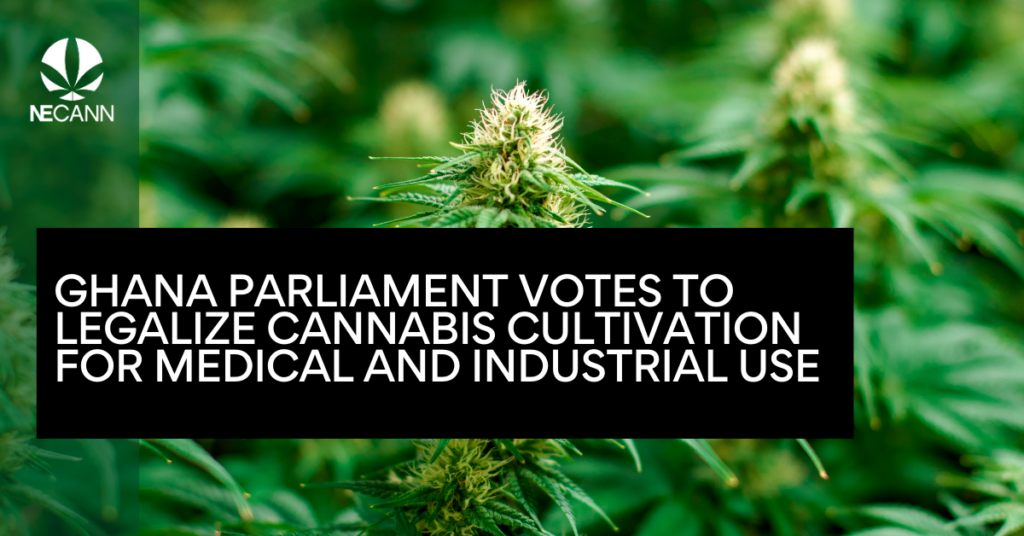Lawmakers in Ghana’s Parliament have voted to legalize the cultivation of cannabis for both medical and industrial purposes. The decision, made on December 14, grants authority to the country’s Interior Minister to issue licenses for various aspects of the cannabis industry, including cultivation, distribution, processing, sale, import, and export.
Notably, the newly enacted law introduces a 0.3% THC cap for cannabis crops grown in the country, aligning with restrictions imposed on industrial hemp crops in the United States. This regulatory framework aims to balance the economic potential of cannabis cultivation with responsible use.
The legislation is expected to open up numerous employment opportunities, as cannabis and hemp are well-suited for cultivation in every region of Ghana. Experts predict that the move will be a significant economic boon for the country.
Ghana’s decision reflects its commitment to aligning with the global trend of cannabis law reform, which became a legislative priority in 2020 with the passage of the Narcotics Control Commission Act. Joining the ranks of African nations such as Lesotho, Malawi, Morocco, South Africa, Eswatini, Uganda, Zambia, and Zimbabwe, Ghana takes a pivotal step in embracing the potential of the cannabis industry.
In addition to economic advantages, the legalization of cannabis cultivation in Ghana contributes to the broader international movement toward reforming cannabis laws. South Africa, for instance, has not only legalized medical cannabis and industrial hemp but has also decriminalized personal possession.
A 2022 report highlighted Africa’s cannabis sector as “poised” for significant growth, emphasizing the continent’s potential role in the global cannabis landscape. According to New Frontier Data in 2019, approximately one-third of the world’s cannabis consumers reside in Africa.




